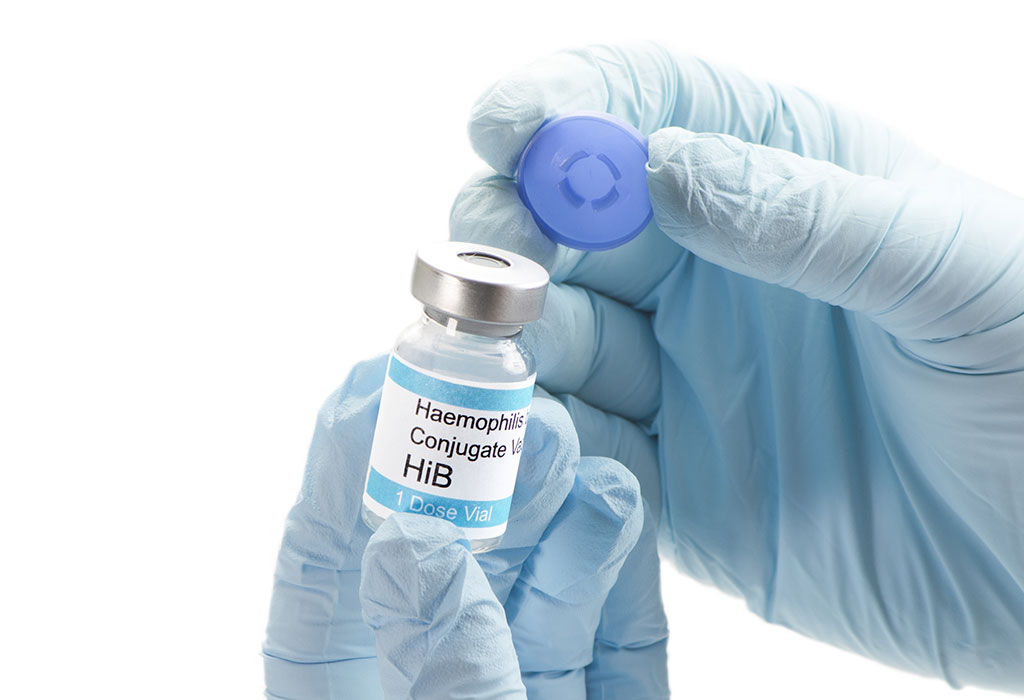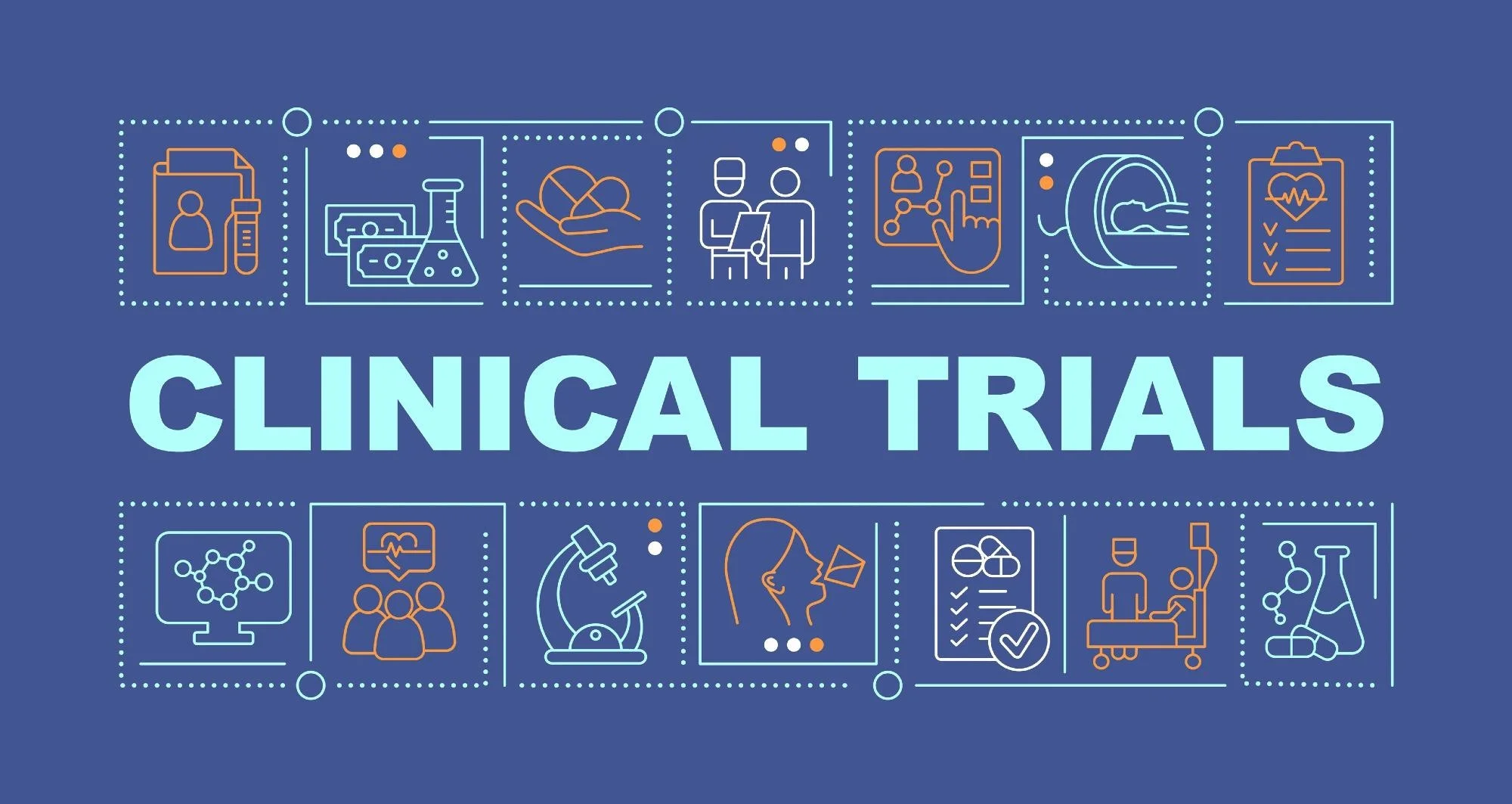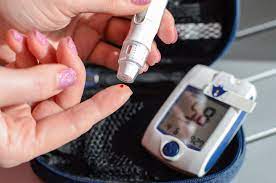
Many parents get their children Haemophilus influenzae type B vaccination as early as possible.
It’s unfortunate that some people still consider this to be a loathsome thing because they believe it is an unnecessary and painful process. However, understanding parents consider it important for every child.
According to the World Health Organization, more than 400,000 deaths occur due to hib infection. So for those who take vaccination lightly, their child may have to face the adverse consequence of hib bacteria infection. It can turn out fatal by leading to conditions like pneumonia and meningitis.
To prevent these and know the Haemophilus influenzae vaccination (Hib vaccination) schedule, you can keep reading this article.
What is the Hib vaccine?
Hib vaccine is referred to as a polysaccharide conjugate vaccine. It protects you from the deadly Haemophilus influenzae bacteria that causes a variety of diseases. Some of the common diseases caused by the Hib vaccine include the following:
- Ear infection
- Bronchitis
- Bacterial meningitis
- Septicemia
- Cellulitis
- Brain damage
- Pneumonia
- Infection in the blood or joints
If you have completed the Haemophilus influenzae vaccination doses, it will prepare your body against all the consequences of Hib bacteria infection.
Who is at risk of Hib vaccination?
Children under five years of age are at the highest risk of catching hib infection. The highest chance of its existence is in infants between 4 to 18 months of age. In fact, even adults who went through bone marrow transplant surgery need to get hib vaccination.
Hib Vaccination Schedule
As per the Indian Academy of Pediatrics, the Hib vaccination schedule depends on the age of your child. It can be given in the standalone or combination form. If you are planning to vaccinate your child against Hib, follow this schedule:
- Less than 6 months: 3 primary doses with a month of gap and one booster dose at 16-18 months
- 6-12 months: 2 primary doses with a month of gap and one booster at 16-18 months
- 12-15 months: 1 dose along with the booster at 16-18 months
- 15-5 years: 1 dose will be enough
Are there any side effects of Hib Vaccination?
Hib vaccination is safe and comes with high efficacy. There is no side effect of administering hib vaccine to your child. Yet, some common consequences exists which everyone faces:
- Redness
- Warmth
- Swelling
- Fever
If you are having any allergy or underlying disease, it’s not recommended to get hib vaccination. You should talk to your doctor and discuss whether it will be work for you or not.
Who should avoid hib vaccine?
There are certain factors like health conditions to consider before getting the hib vaccine for adults. You should not getting it in the following conditions:
- Having an allergic reaction after the previous Hib vaccine shot
- Suffering with some mild illness such as cold
- Having any underlying diseases
Although when you are eligible for the hib vaccination, talk to the doctor for getting your doubts cleared.
Get Your Child Hib Vaccination on Time
There is a very high possibility that your child might fall ill due to the Hib infection. Luckily, it can be prevented by timely immunization. He or she needs vaccination as per schedule so that this disease doesn’t become a threat to them in the future.
To be on the safer side and get informed about what to expect, it is better if you get your doctor’s appointment well in advance. If you have missed any of the doses, your doctor can help to administer a catch-up vaccination. Most importantly, keep the track of vaccinations administered to your child to avoid missing any.



